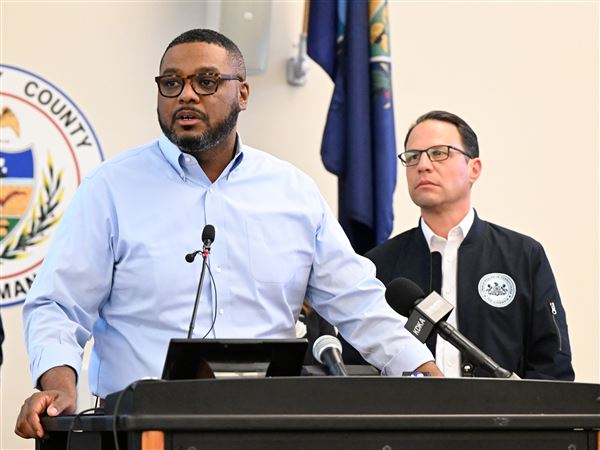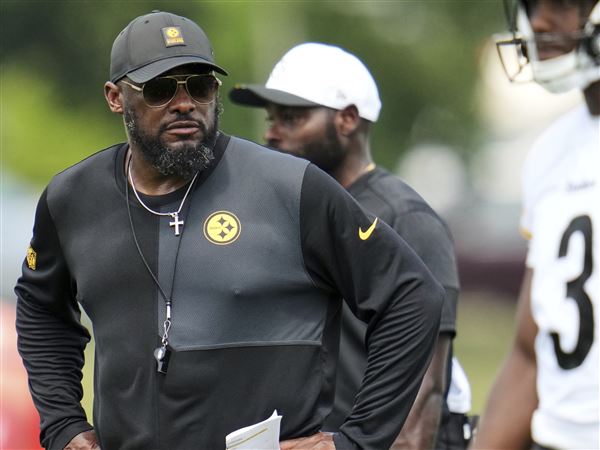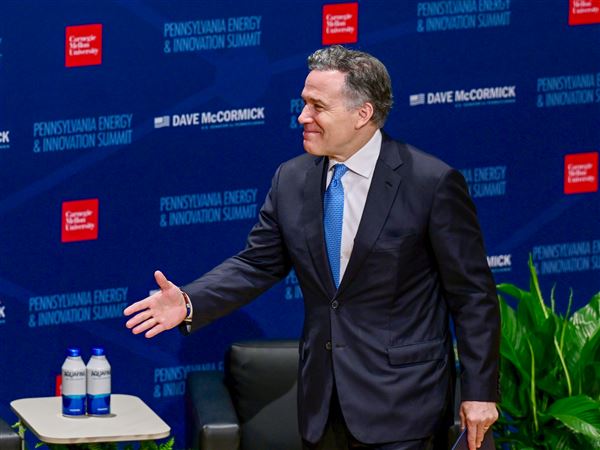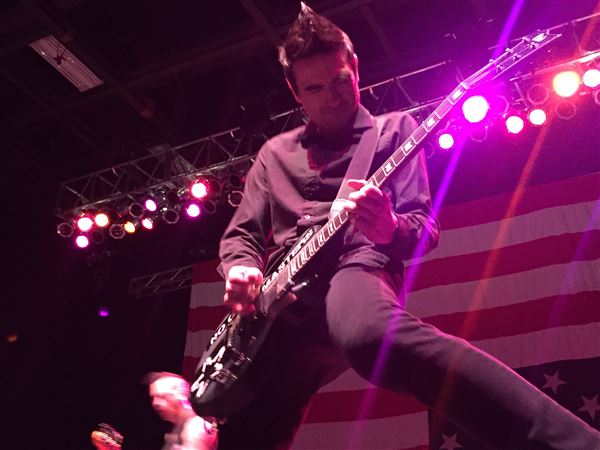Andy Stern, the nation's most politically influential union president, will announce plans this week to resign, several union officials said, in a move that surprised and shook organized labor and Democratic political circles.
His many conservative detractors hailed the departure of Mr. Stern, who as president of the Service Employees International Union has been labor's most electrifying -- and polarizing -- leader.
But many Democratic politicians and consultants voiced confidence that the 1.9 million-member union would remain a powerful force even after Mr. Stern departs.
His likely successor, Anna Burger, the union's secretary-treasurer and Mr. Stern's longtime No. 2, helped devise the strategies that made the service employees what many politicians say is the nation's most politically potent union, with the largest political action committee during the 2008 campaigns. The S.E.I.U. boasts that it spent $85 million in the 2008 campaigns and mobilized more than 150,000 members to do electoral work.
"The S.E.I.U. is the fastest-growing union, and it will continue to be a big force," said Howard Dean, the former Vermont governor and former chairman of the Democratic National Committee. "That won't change because Anna was Andy's understudy for a long time. The S.E.I.U. will very likely continue to be a change agent for the country and the labor movement."
But Charles E. Cook Jr., publisher of the nonpartisan Cook Political Report, said Mr. Stern's departure would hurt the Democrats because of the disruption caused by any transition.
Citing the uphill climb that many Democrats will face in this year's midterm elections, Mr. Cook said, "Democrats are on the defensive this year, and there's a lot of division within the labor movement, and this is just going to add to the muddle."
Mr. Stern, 59, is stepping down after his union helped elect President Obama and push through what has long been his foremost legislative goal, a health care overhaul that greatly expands coverage.
His fingerprints on the Obama administration will remain after he steps down. The White House political director, Patrick Gaspard, was once the political director of the union's giant health care local in New York, and Craig Becker, newly appointed to the National Labor Relations Board, was associate general counsel to the union.
And Mr. Obama appointed Mr. Stern to his commission to reduce the deficit, the National Commission on Fiscal Responsibility and Reform.
In one measure of Mr. Stern's proximity to power, official records show that he visited the White House more than 20 times during Mr. Obama's first six months in office.
While some union allies praise Mr. Stern as an innovative leader who has made labor a more potent force in politics, others denounce him as divisive, impulsive and too quick to make concessions to employers. He was also criticized for reaching secret agreements with some companies that he did not disclose to the rank and file.
But some corporate and union leaders have praised Mr. Stern for pushing the idea that unions and union members cannot thrive unless employers also prosper.
Mr. Stern took the helm of the service employees union in 1996 when the labor movement was losing members. Though many unions have continued to shrink, the S.E.I.U. has added 850,000 members under Mr. Stern, giving the parent union $300 million in dues each year and helping to finance ambitious political and unionization efforts.
In that way, Mr. Stern has developed a powerful formula that has irritated Republicans: more unionizing translates into more political might -- although the S.E.I.U.'s debts have climbed to $120 million under Mr. Stern.
"The S.E.I.U. was strong before Andy," said Dennis Rivera, the former president of the union's giant health care local in New York City and now Mr. Stern's top lieutenant on health policy. "With Andy it has grown into the most powerful political voice in our country. If our recent experience is any indication, it's going to keep being that."
Union officials said Mr. Stern's retirement would set off a race to succeed him, pitting Ms. Burger against a dark horse, Mary Kay Henry, an executive vice president. One of them will become the union's first female president.
Several of Mr. Stern's friends said he was voluntarily stepping aside after 14 years at the helm because he feels it is time to move on, to make way for younger leaders and to make more time for his personal life. They noted that he has often called for term limits or mandatory retirement for union leaders, seeing a need to inject fresh blood into the movement.
"Unlike a lot of people in these jobs who stay long beyond their time, he has the courage -- if that's the right word -- to step down at the pinnacle of his career," said Steve Rosenthal, former political director of the A.F.L.-C.I.O. and a consultant to the service employees and other unions. "He always said he doesn't want to be one of the people who stay past their prime."
Over the last year, Mr. Stern has been involved in fierce battles with two other unions, a large breakaway local in the San Francisco Bay area and Unite Here, the union representing hotel and restaurant workers. At the same time, he has come under ferocious attack from conservatives, especially from Glenn Beck, who has repeatedly called him a power-hungry socialist.
Moreover, Mr. Stern still faces considerable ire from the A.F.L.-C.I.O, the nation's main labor federation, because he orchestrated the exodus of seven member unions in 2005. He said the federation was stodgy and doing too little organizing, and he promised to create a faster-growing rival federation. That federation, Change to Win, has fallen far short of expectations and done little organizing.
Mr. Stern succeeded John J. Sweeney as the service employees' president and took his predecessor's strategy -- make the union movement a social justice movement for low-wage workers -- to a new level.
Under Mr. Stern, the union organized hundreds of thousands of immigrant janitors, nursing home workers and home care aides and became a magnet for college graduates who enlisted as union organizers out of eagerness to help those on the bottom of the economic ladder.
"He breathed new life into the labor movement, especially for my generation," said Benjamin Sachs, 38, a labor law professor at Harvard. "He gave a new generation of people reason to care about unions and to think that they're relevant."
First Published: April 14, 2010, 6:00 a.m.















